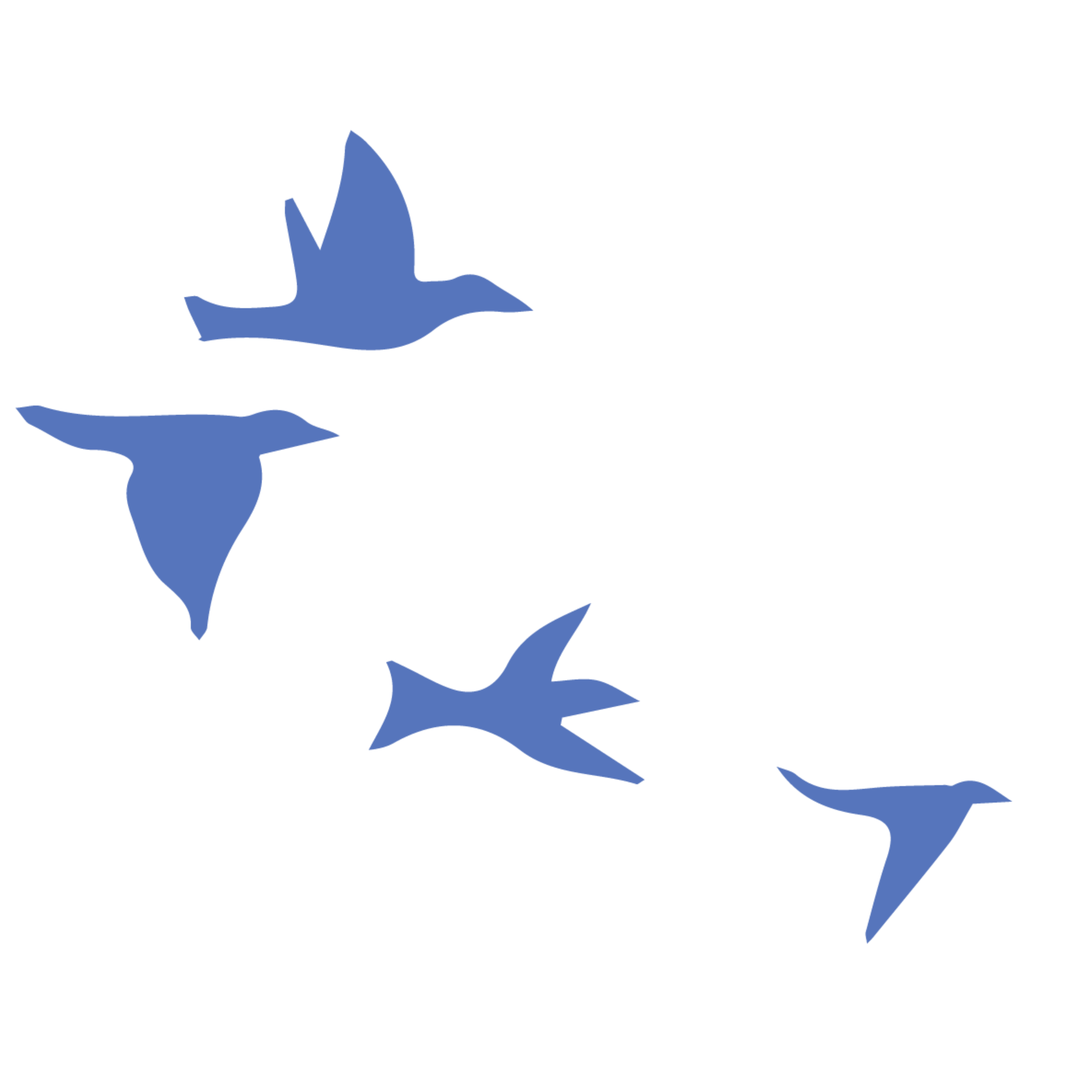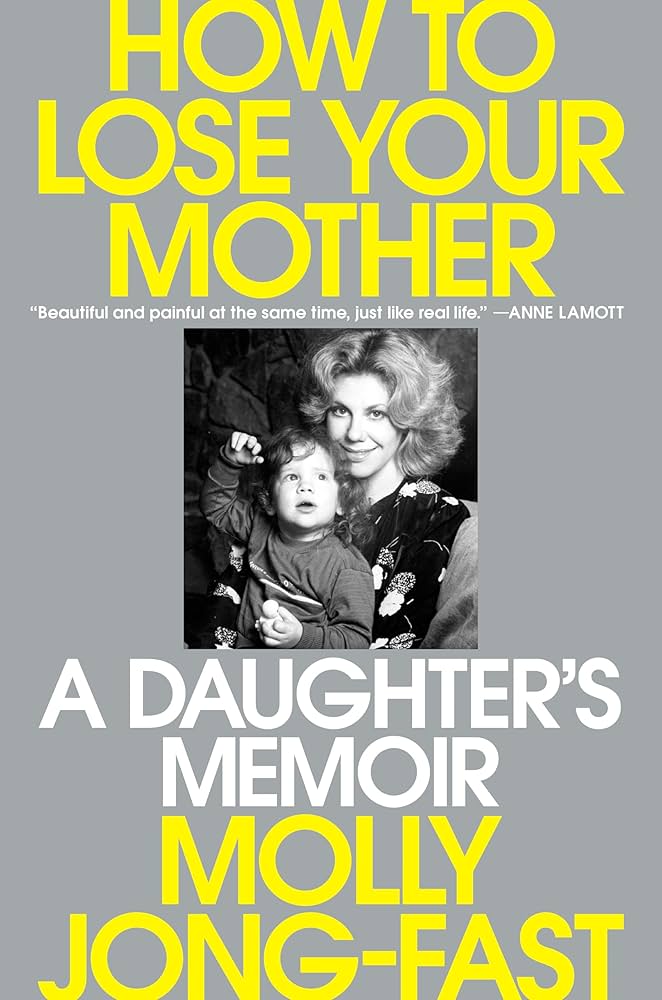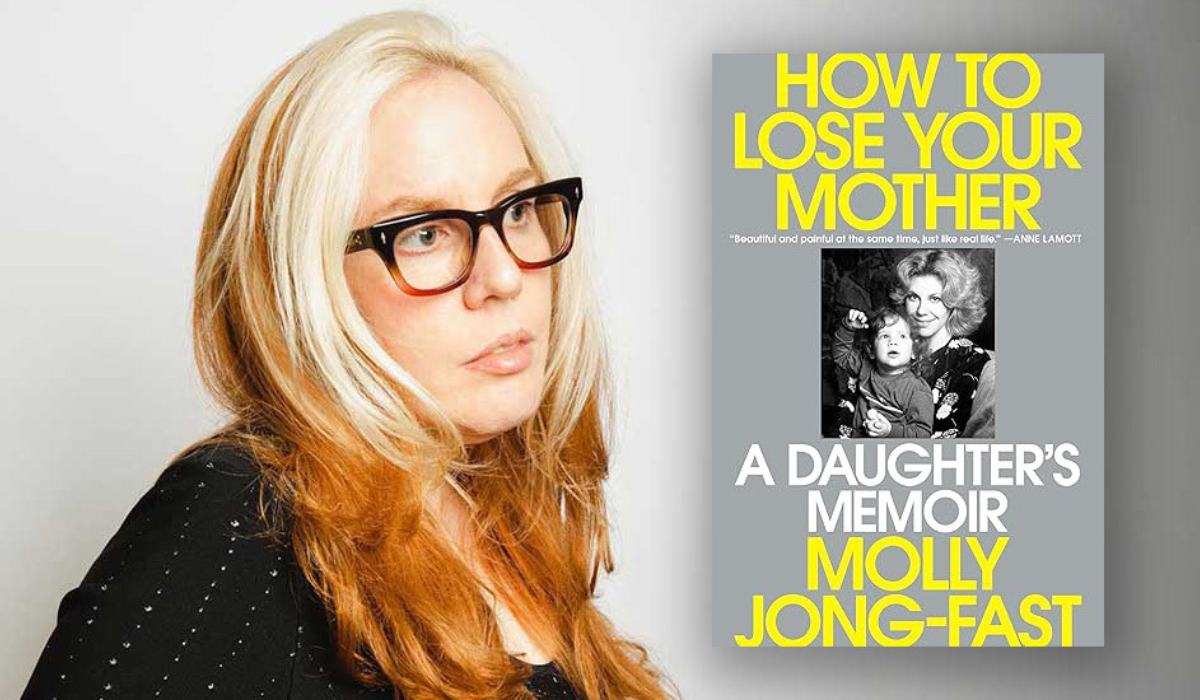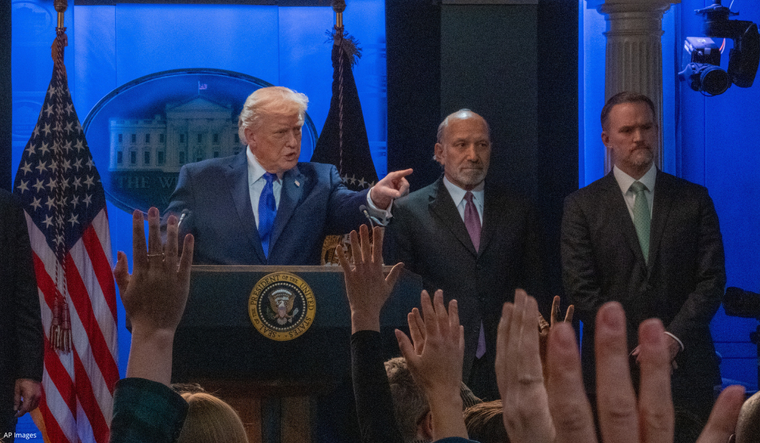Molly Jong-Fast Inherited a World of Complexity from Her Famous Mom

In her new memoir How to Lose Your Mother, journalist and political commentator Molly Jong-Fast reflects on her childhood: "I know she loved me. But I also know she never really seemed particularly interested in me."
The "she"' Jong-Fast is referring to is her mother, Erica Jong, the novelist who catapulted to literary stardom in 1973 from her sexual liberation book Fear of Flying. As an only child, Jong-Fast grew up in a world of constant tension fueled by her well-known mother. She was dazzled but neglected, in awe but never feeling truly seen. She was also fodder for her mother's work.
"My relationship with her is split right down the middle," Jong-Fast writes. "I admire her, but I pity her. I revere her—no, I worship her—but I am mortified by her."
The mother-daughter relationship took on a new complexity several years ago when Jong’s memory began to decline. So, Jong-Fast, now a mother herself with a husband who had been battling cancer, an intense public career, and a mother with dementia, decided to write about it all.
How to Lose Your Mother is Jong-Fast's brutally raw, honest memoir. Some early readers have been quick to cast light on one of its facets: that of a daughter finally sharing her side of the story after living in the shadow of a giant. While the book is that, it is also so much more. Jong-Fast, a dazzling writer, illuminates the tug of love and loss, as well as the importance of giving grace. She sheds light on a generation often overlooked, torn between caring for children and parents while facing the relentless pressures of life.
But the deepest thread in How to Lose Your Mother is Jong-Fast's vulnerability, which she shares with us below. Her words lend depth to the endless mystery that is love and how it pummels us with its light, joy, hardships, and countless iterations.
A CONVERSATION WITH MOLLY JONG-FAST
There are many personal moments woven into your memoir that feel universal: Parents declining. Partners facing illness. Kids needing guidance and care. Did you want to speak to something wider?
That was the goal. In my neighborhood, I run into people I grew up with, and we are all like, 'What are you doing here?' And someone will say, 'Oh, I'm here taking care of my mom,' or 'Oh, I'm here taking care of my dad,' or 'Oh, my Dad has Alzheimer's.' It's literally all any of us do: pick up the kids at school, try to figure out what we're going to do about our parents, and think about how we're going to deal with that or pay for this. This book is sold on the idea that it's a childhood memoir, but it's really about what it's like to reach the age where we have to care for our kids and our parents. A lot of us can relate to that. My generation, Generation X, is not very focused on for whatever reason. They don't write about us in the same way, and there's just not a ton out there for us.
You write, very specifically, about how you started to become aware of your mother's memory decline, and when you finally knew it was time to step in.
You can't just go into your parents' lives and say, 'Look, you can't do this anymore!' that is, until you can. Until it is the right time. You have to let them sort of cause the carnage they're going to cause in their lives before you can go in there and say, 'Okay, now it stops.' That was the situation I was in, and it was horrible. It is really tough. I ended up having power of attorney over my mother, but that was a humongous moment, and you have to make sure that you do it at the right moment.
It is a different thing to be writing a book so raw and then to have it out in the world. How do you feel now that people are reading it?
I definitely had a lot of anxiety about this book. As recently as last weekend, I was like, Oh, I've ruined my life! This was a huge mistake! I am feeling better now. My thinking behind this book was that I wanted to write a book that wasn't disposable. That if it were published in 2020, 2024, or 2025, or whenever, it wouldn't be something that would be out of date and that people would always get something out of it. It would be useful to many different people. That was the goal.
I'm hearing from enough people that they are relating to it. People aren't just saying, 'Wow, your childhood was f*%ked up.' They're saying, 'Oh, this is me.' And that is what I wanted. I felt uncomfortable sharing all this personal stuff for obvious reasons, but I also thought there was a purpose to it, and that's why I felt better. If people read it and think, This is me and my mom, and then even take it one step further and are like, Oh my god, I guess I don't need to feel bad about this,' that is the goal.
There is another theme in your book, which is that we all hold multitudes, and we all face the feeling that we must do things perfectly. Tell us more about that.
There is so much pressure, especially right now, to be able to nail it. To get stuff completely right—and that's a really tough nut to crack. So, I tried really hard to write about that sense in which we are kind of stuck in that middle and that we don't have to feel bad about things. I've worked so hard in my political job to be able to speak on subjects in a way that's clear and relatable but not inflammatory; to talk about things that might be inflammatory but in a way that is where people can process the information and not get more agitated. So, having to discuss things in my own life that are really serious and perhaps even unpleasant was really tough. The whole time I was thinking, Oh, this is not what you're supposed to be doing. But I had to remind myself that I was trying to follow this literary tradition of memoir, which is a different genre from what I do for work.
Your mother garnered fame through her work, and you talk about how it was very hard for her to lose that fame. You write that her journey to "unfamousness was for her an event so strange and stressful, so damaging to her ego." Now, in your career, you have fame. How do you navigate that?
I think that there's nothing better than gaining a little fame in middle age. First of all, you know who you are. I've been married to the same man for 20 years. The people I have in my life have known me forever. They're my husband and, my kids and my cousins. I'm not breaking my way into the world. I'm delighted to be able to publish books. I'm even happier if people will buy them. I love being on television; I find it incredibly fun. I love writing my columns. I'm very happy with what I'm doing, and I feel very grateful. But the contradiction, the thing that is hard, is all these we rely on are being cut. It is really painful to watch. So, it feels in conflict to be celebrating my writing at the same time we're watching this devastation unfold on the federal level. That is a tension that is rough.
Back to your mother, what is your relationship like these days?
I just talked with her. A lot of people have been calling her [about the memoir] and I wanted to make sure she was okay. And she is delighted. She loves watching me on television. She loves being called by the New York Times. I don't know how incredibly accurate the information she gives is, but she's having a great time! And I mean, honestly, I'm not sure we need more than that.
You have written other books. What has the experience of writing this memoir taught you about yourself?
I'm glad that I did it. I think I did a good job. I think it was the right thing. I feel good about it. And you know, I'm just trying to hang on.

Molly Jong-Fast is a contributing writer at Vanity Fair, a political analyst at MSNBC News, and host of the podcast Fast Politics with Molly Jong-Fast. She is the author of three previous books. You can follow her here.
Please note that we may receive affiliate commissions from the sales of linked products.



